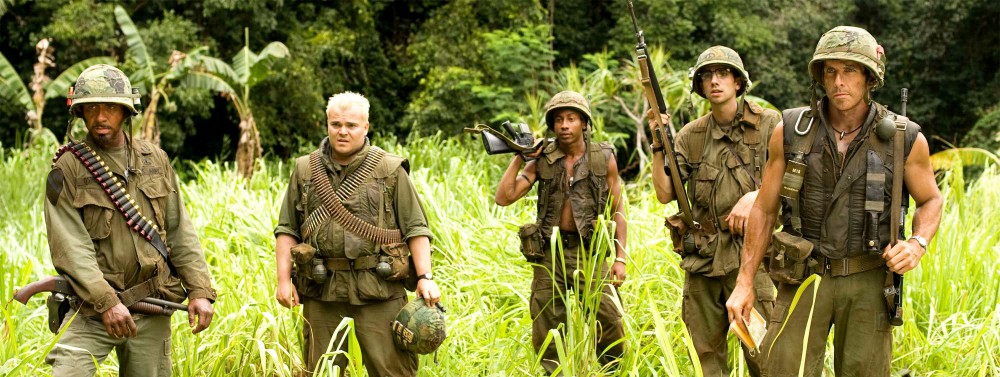On Thursday April 24, 2014, Kelly Matheson visited Eugene’s Cinema Pacific Festival through the law school to discuss the way that film can be used for justice in human rights.
Matheson works for “Witness,” a human-rights advocacy organization in NY city working to promote visual media as advocacy for human rights and as evidence against human rights abuses.
Four case studies were used to portray the significance that film and media have played in creating either awareness about or evidence against human rights abuses. The first was the 1982 Guatemalan revolution, where a filmmographer went to the country to film the experiences of the indigenous communities being attacked by the government’s military. This ultimately became a documentary called When the Mountains Tremble, but the great significance of the film was in the interview the filmmographer had with Mont, the dictator of Guatemala at the time. The prosecutor in the case against Mont saw the documentary and ultimately was able to use his interview, where he admitted to controlling the military and all of its actions, to convict Mont of crimes against humanity and genocide in 2013. The other case studies were similar in showing how effective film can be in evidence of the law and rights being broken.
This aspect of film falls into the genre of advocacy documentary. The form of the films are highly variable, but the ‘narratives’ of the documentaries portraying injustice are all fairly similar in the sense that they are revealing testimonials.
An interesting part of the talk was in the question and answer session when Matheson discussed the logistics of the cinematography and editing of these justice films. She noted that if these films are to be used, it is important that they have certain elements, such as showing causal action and displaying the entirety of an event. Similarly, in the editing, it is necessary to have a date and time as well as have a viable source of tracking the film from the act of taking it to the process of getting it to the court room (to ensure it is neither tampered with nor somehow falsified).
Overall, Matheson’s talk gave me a very interesting perspective of the use of film not only as entertainment and art, but as justice and regaining power to the victims of atrocities.
Kelly Matheson has a TedX talk that is not exactly the same, but similar to the one she gave at Cinema Pacific, if anyone is interested:

While surfing the web, this blog has been led.
There are many very fresh posts. Enough to get my attention. I’ll come to check often.
토토 핸드
카지노 사이트 추천
사설 토토 사이트
스포츠 토토 배당률
스포츠 토토 승부 식
https://www.j9korea.com
Thank you for this inspiring article, it really motivates me to continue learning.
I’m glad I found this article, it’s very relevant to my needs and interests. There is a lot of interesting information that you can get in this content, don’t waste your opportunity https://genericsildenafiltabs.com
I really enjoyed the way this article was written, it was easy to understand and flowed smoothly. Come on, spread kindness by visiting this site. https://nilesweb.com/
Thank you for this inspiring article, it really motivates me to continue learning.
I’m glad I found this article, it’s very relevant to my needs and interests. There is a lot of interesting information that you can get in this content, don’t waste your opportunity. https://alycefaye.com/
This article was very informative and helped me expand my knowledge on the topic discussed. Come on, let’s share experiences by stopping by this content https://rnxkmnngl.com/